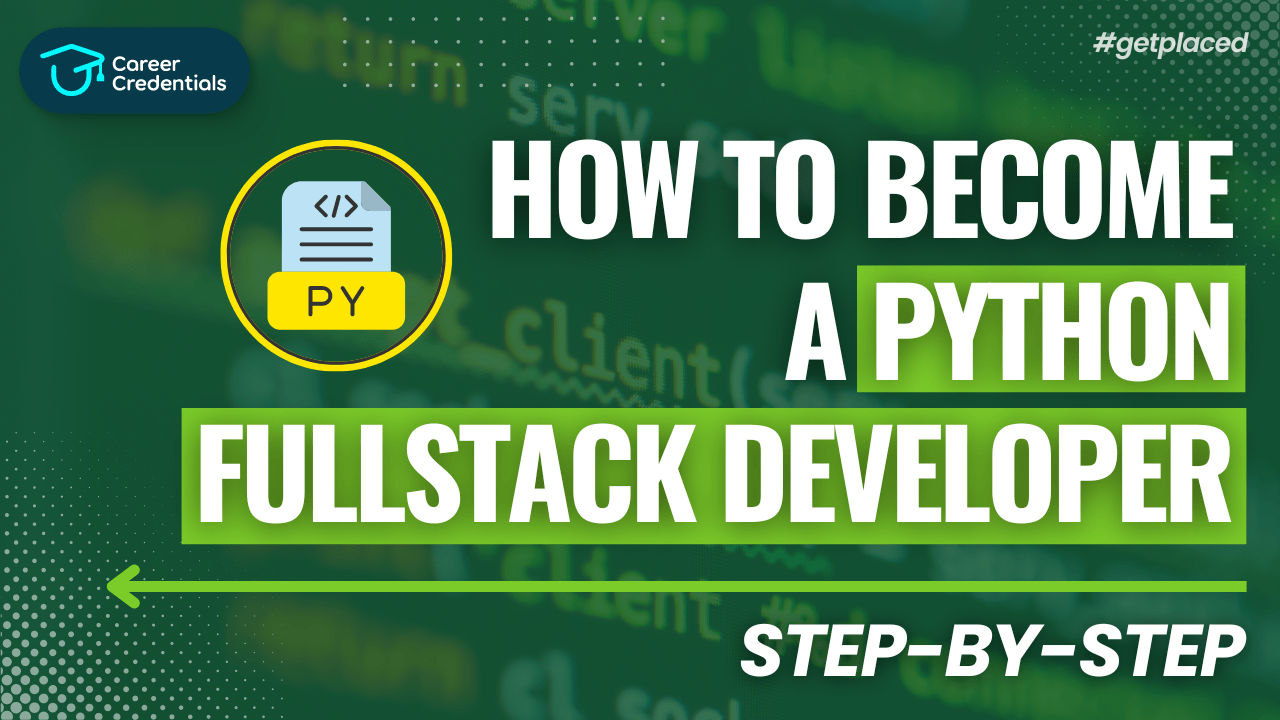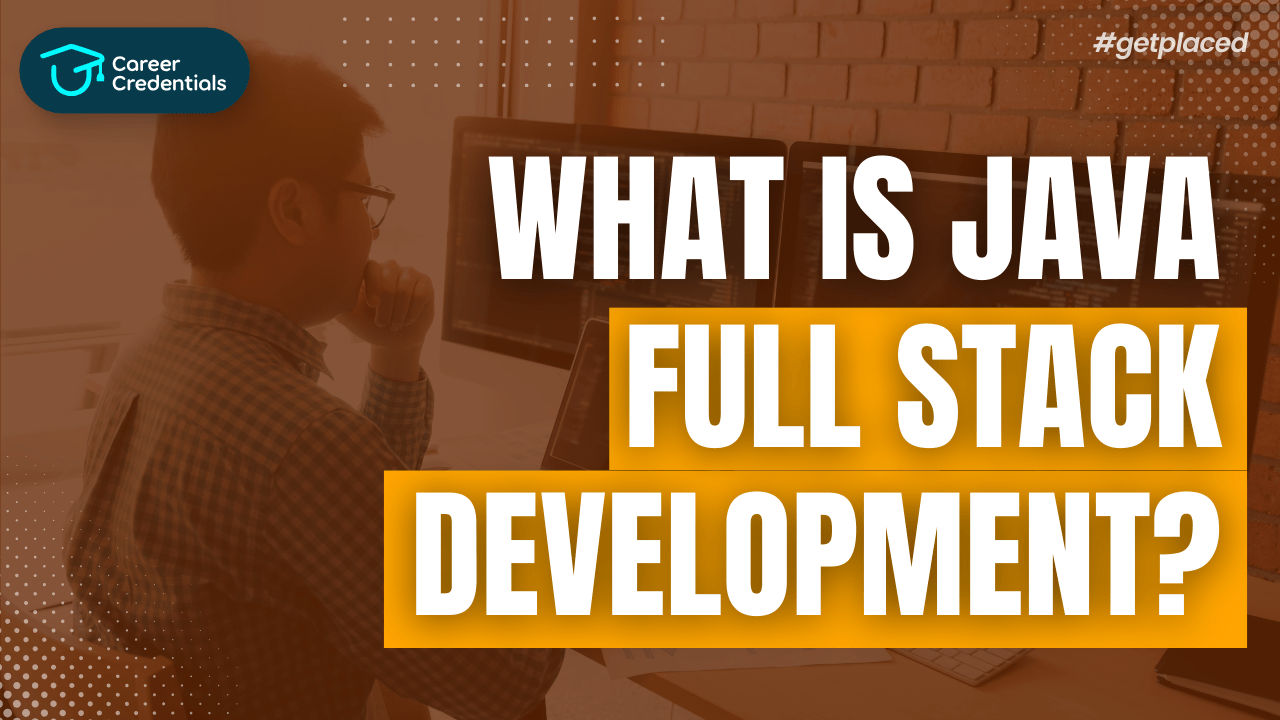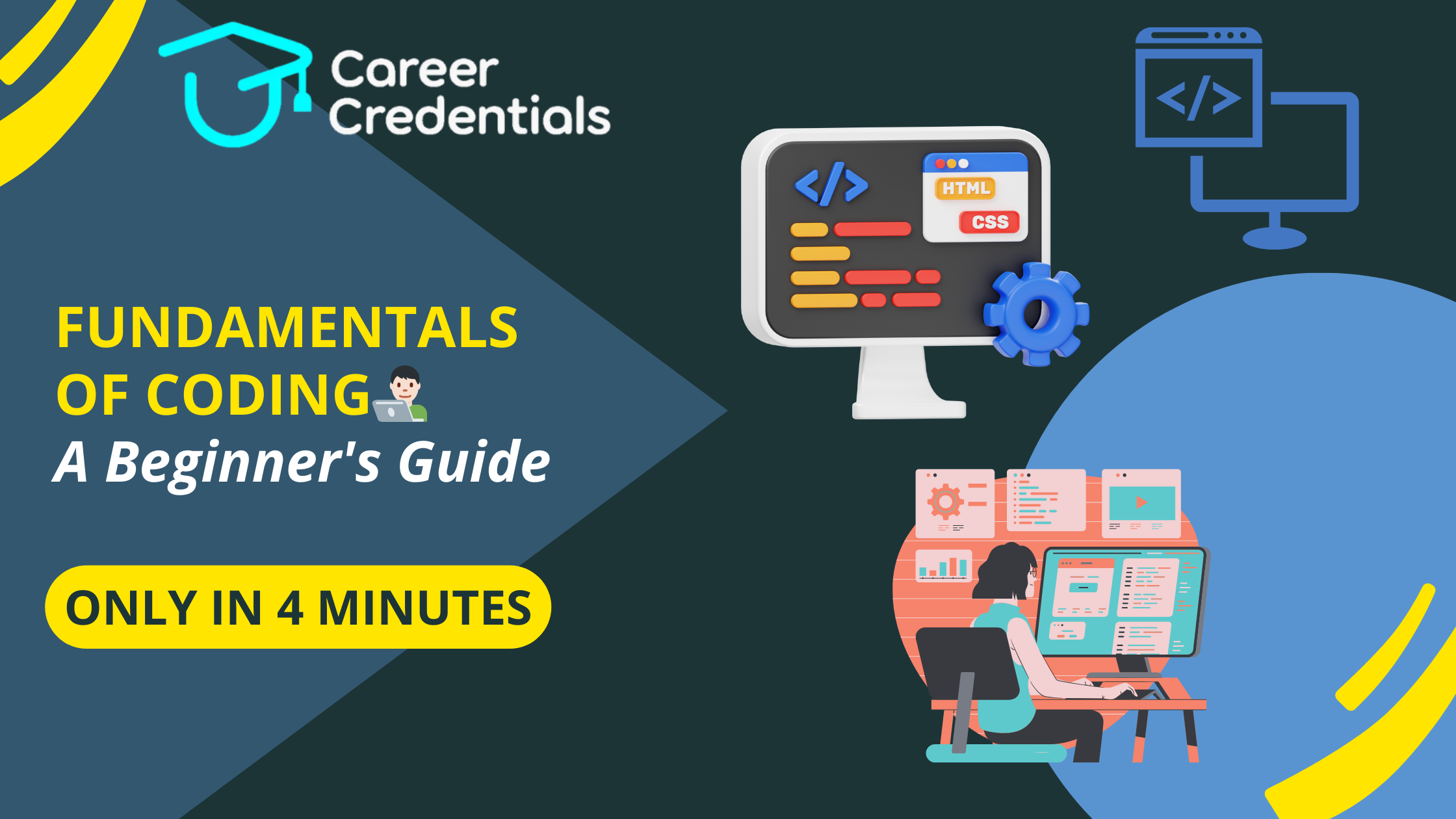How to Become a Python Full Stack Developer [Step-by-Step]

In less than a decade, Python has emerged as the most popular programming language worldwide. Major companies like Google and Facebook utilize Python, and its versatility and ease of use make it an excellent choice for beginners. Known for its power in various fields, Python is not just limited to scripting or data analysis; it can also be used to create full-stack web applications. Yes, you heard it right!
Python’s broad application scope includes back-end development, front-end development, data science, machine learning, and more. In the realm of Python development, there are three primary roles: back-end developer, front-end developer, and full-stack developer. A back-end developer focuses on the logic and flow of data, while a front-end developer ensures that the data is presented attractively and interactively to users.
A Python full stack developer bridges the gap between these roles. They are responsible for creating a seamless user experience across both the back-end and front-end of an application. Pursuing a career as a full stack Python developer can be very rewarding, though it can also be challenging. If you’re ready for the challenge, follow these steps to become a full stack Python developer in no time!
Also Read: A Journey to Python Full-Stack Development: Building Your Path in 4 Steps by Career Credentials
What is a Full Stack Python Developer?
A Full Stack Python Developer is a software professional who specializes in developing applications using the Python programming language. Their responsibilities include designing, coding, testing, and deploying software solutions. These developers must have a strong understanding of both front-end and back-end development, enabling them to create user interfaces and maintain databases.
On the front-end, they use HTML, CSS, and JavaScript to design user interfaces. Frameworks like Django and Flask help them create server-side logic. On the back-end, they work with databases such as MySQL, MongoDB, and PostgreSQL, and use web servers like Apache and NGINX to deploy applications.
If you're interested in this career path, consider taking a pay-after-placement Full Stack Developer course to acquire the necessary technical and problem-solving skills. Full Stack Python Developers must have strong problem-solving skills, be able to think critically, and work both independently and collaboratively with a team.
Also Read: Full Stack Developer Roadmap by Career Credentials for FREE!!
How to Become a Full Stack Python Developer: Step-by-Step Guide
1. Learn the Basics of Python Programming
Start by learning the basics of Python. This includes understanding how to write and run Python code and grasping fundamental programming concepts. Once you have a solid foundation, you can move on to more advanced topics.
2. Get Familiar with Popular Python Libraries
As a full stack developer, you need to be proficient with popular Python libraries. For data science, these include pandas, NumPy, SciPy, matplotlib, and seaborn. For machine learning, scikit-learn is essential. For web development, familiarize yourself with Django, Flask, and Pyramid. These libraries will enable you to build powerful and sophisticated applications.
Also Read: Python Libraries Every Programming Beginner Should Know by Career Credentials
3. Master HTML, CSS, and JavaScript
A full stack developer needs a strong foundation in HTML and CSS, which dictate the look and feel of a website. Additionally, understanding JavaScript, AJAX, and jQuery is crucial for creating interactive and responsive web applications.
4. Learn About Database Systems
Understanding database systems is critical. Learn how to design, build, and query databases, and grasp the fundamentals of data structures and algorithms. Knowledge of SQL and NoSQL databases will be beneficial.
Read Now: SQL vs NoSQL: Critical Factors to Consider by Career Credentials
5. Gain Experience with Popular Frameworks
Popular Python frameworks like AIOHTTP, CherryPy, Dash, Django, and Falcon are crucial for developing web applications. Experience with these frameworks will help you build robust and scalable web applications and understand best practices in Python development.
Enroll Now: Learn Django with Prashant Sir and master web development effortlessly!
6. Familiarize Yourself with Popular IDEs and Code Editors
Popular code editors and IDEs like PyCharm, Visual Studio Code, and Atom are essential tools. Experience with these will help you develop Python applications more efficiently and learn best practices in Python development.
Tips for Aspiring Python Full Stack Developers
1. Work as a Team and Collaborate
You will often work in a team environment. Effective communication and collaboration with other developers are crucial.
2. Think Long-term
Becoming a full stack developer is a journey that requires time and effort. Be patient and persistent, and don’t rush the learning process.
3. Aim for General Knowledge First
Start with a broad understanding of web development. Once you have a solid grasp of the basics, you can specialize in areas that interest you most.
4. Be Willing to Learn New Things
Web development is constantly evolving. Stay updated with the latest trends and technologies to keep your skills relevant.
5. Focus on One Tech Stack at a Time
Starting with one tech stack will make the learning process more manageable. Gradually add more stacks as you become proficient.
6. Keep Your Code Clean and Well-organized
Maintain clean and well-organized code to make it easier for others to understand and work with.
7. Develop Your Own Projects
Practice by developing your own projects. This will allow you to apply your skills and demonstrate your expertise to potential employers.
8. Stay Updated with Python Community News
Follow the latest news and developments in the Python community through online resources like the official Python website and the /r/Python subreddit. Attend local meetups and conferences to network and learn more.
9. Pursue Certification in Python Programming
Consider pursuing a certification or degree in Python programming to stand out from other developers and demonstrate your expertise.
Enroll Now: Python Certification Program by Dr. Amar Panchal and advance your programming expertise!
Conclusion
Becoming a full stack Python developer is an achievable goal that requires dedication and effort. Start with the basics and gradually build your skill set by working on challenging projects and tutorials. With enough practice and commitment, you’ll be able to develop your own web applications using Python.
The journey to becoming a full stack Python developer is rewarding and opens up numerous job opportunities. Follow these steps and enroll in a full stack online bootcamp to kickstart your career today!
Check Out: Our Industry-Aligned Full Stack Development using Python Course with 100% Job Guarantee and secure your future today!
Frequently Asked Questions (FAQs)
1. What are the roles and responsibilities of a Python Full Stack Developer?
A Python Full Stack Developer is responsible for developing and managing web applications, working with databases, front-end technologies, and web servers. They need strong problem-solving skills and must be able to work both independently and in a team environment.
2. Is Python good for full stack development?
Yes, Python is versatile and widely used for full stack development. Its ease of learning, powerful capabilities, and active community make it an excellent choice.
3. What comes under full stack Python?
Full stack Python includes web development, scientific computing, data analytics, system administration, network programming, and more. Proficiency in Python frameworks, databases, and front-end technologies is essential.
4. What are the top 3 skills required for a Python full stack developer?
The top three skills are:
- Web Development Fundamentals: Knowledge of HTML, CSS, and JavaScript.
- Database Management: Proficiency in SQL and NoSQL databases.
- Linux Server Administration: Experience with Linux commands and server technologies like Apache and NGINX.
By following these steps and tips, you can make significant progress on your journey to becoming a full stack Python developer. What are you waiting for? Enroll yourself in the Career Credentials's full stack Development Course today!
Confused About Your Career?
Don't let another opportunity pass you by. Invest in yourself and your future today! Click the button below to schedule a consultation and take the first step towards achieving your career goals.
Our team is ready to guide you on the best credentialing options for your aspirations.
Let's build a brighter future together!
Empower Yourself. Elevate Your Career at Career Credentials Where Education meets Ambition.



